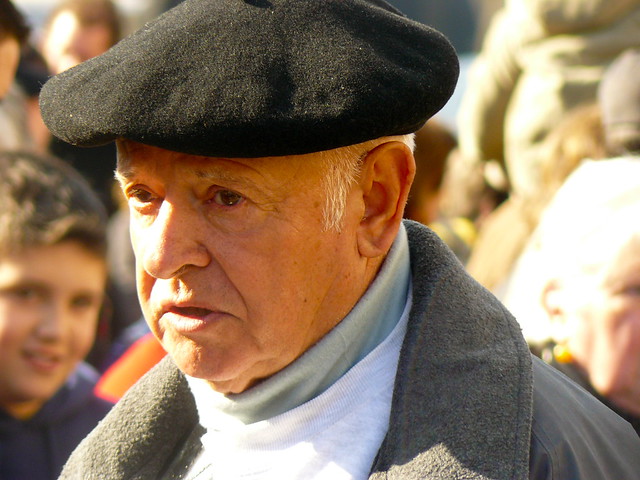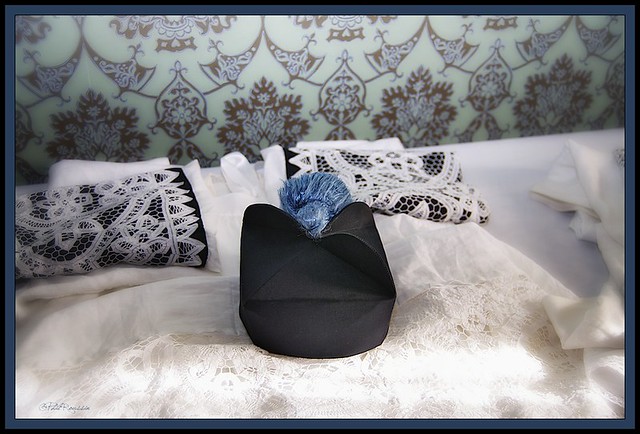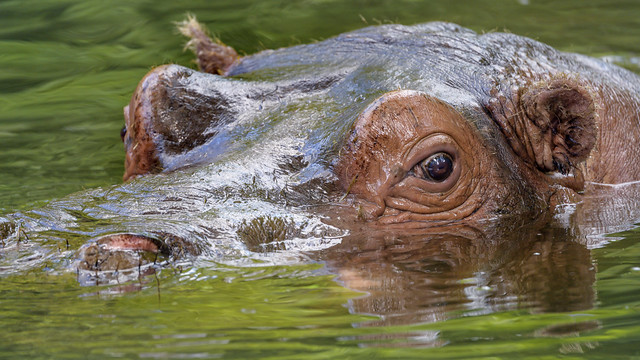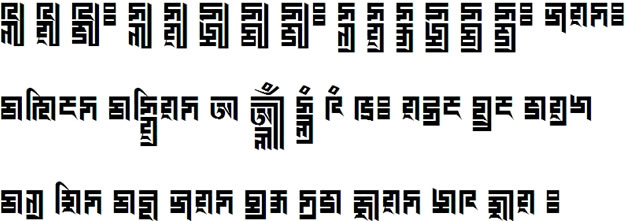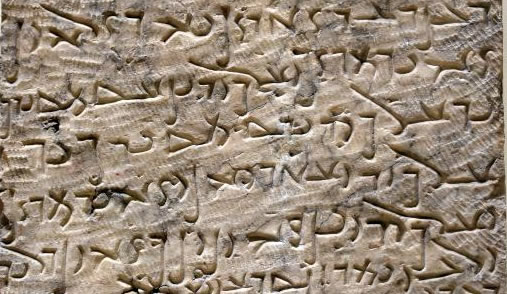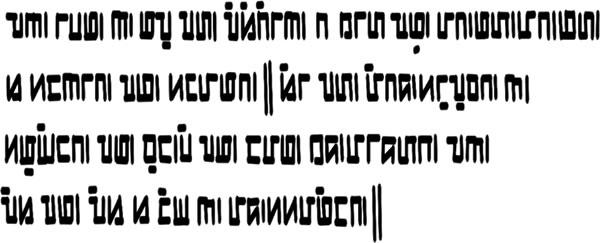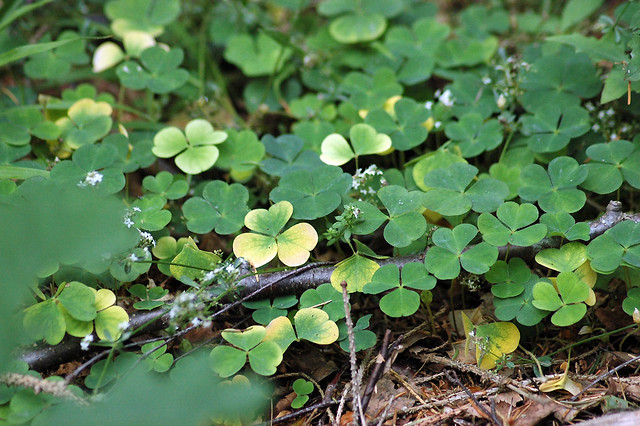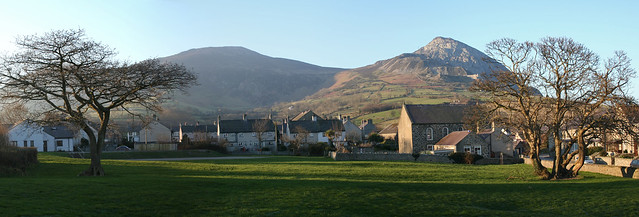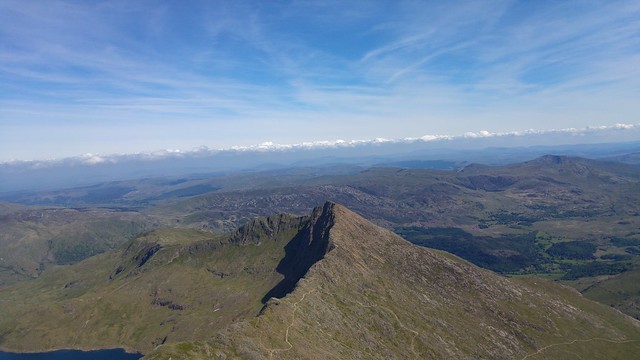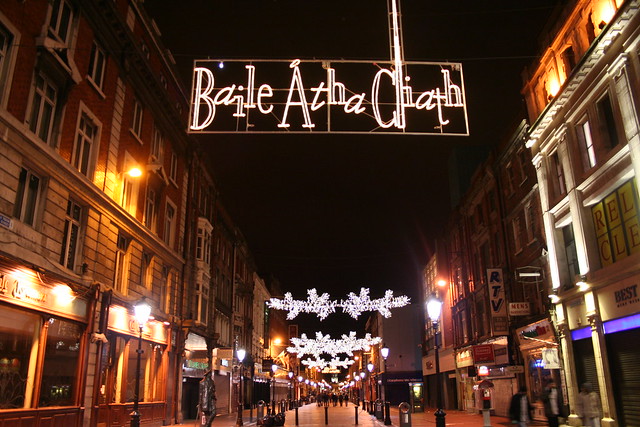Podcast: Play in new window | Download
In this episode we’re uncovering the Celtic origins of the word beret.
A beret [ˈbɛɹ.eɪ/bəˈɹeɪ] is:
- A type of round, brimless cap with a soft top and a headband to secure it to the head; usually culturally associated with France.
It comes from the French béret (beret), from the Occitan (Gascon) berret (cap), from the Medieval Latin birretum (a kind of hat), from the Late Latin birrus (a large hooded cloak, a cloak to keep off rain, made of silk or wool), from the Gaulish birrus (a coarse kind of thick woollen cloth; a woollen cap or hood worn over the shoulders or head), from the Proto-Celtic *birros (short), the origins of which are not known [source]
Descendents in the modern Celtic languages include:
- bearr [bˠɑːɾˠ] = to clip, cut, trim, shave, skim (milk), crop or pare (photos) in Irish.
- beàrr [baːr̪ˠ] = to shave, cut (hair), clip, shear or prune in Scottish Gaelic
- baarey = to bare, clip, cut, dress, poll, prune, shave or trimmed in Manx
- byr [bɨ̞r/bɪr] = short, brief or concise in Welsh
- berr [bɛɹ] = short or brief in Cornish
- berr = short in Breton
Other words from the Proto-Celtic root *birros, via Latin and Gaulish, include biretta (a square cap worn by some Roman Catholic priests) and berretto (beanie, cap) in Italian, barrete (biretta, cap) in Portuguese, birrete (biretta) in French, and βίρρος [ˈβir.ros] (a type of cloak or mantle) in Ancient Greek [source].
Incidentally, words from beret in Celtic languages include: bairéad (beret, biretta, cap, hat, bonnet) in Irish, beeray or bayrn Frangagh (“French cap/hat”) in Manx, bere(t)/bered in Welsh, and béret/bered/boned in Breton.
You can find more details of these words on the Celtiadur blog. I also write about words, etymology and other language-related topics on the Omniglot Blog.
Here’s a video I made of this information:
Video made with Doodly [afflilate link].
Radio Omniglot podcasts are brought to you in association with Blubrry Podcast Hosting, a great place to host your podcasts. Get your first month free with the promo code omniglot.
